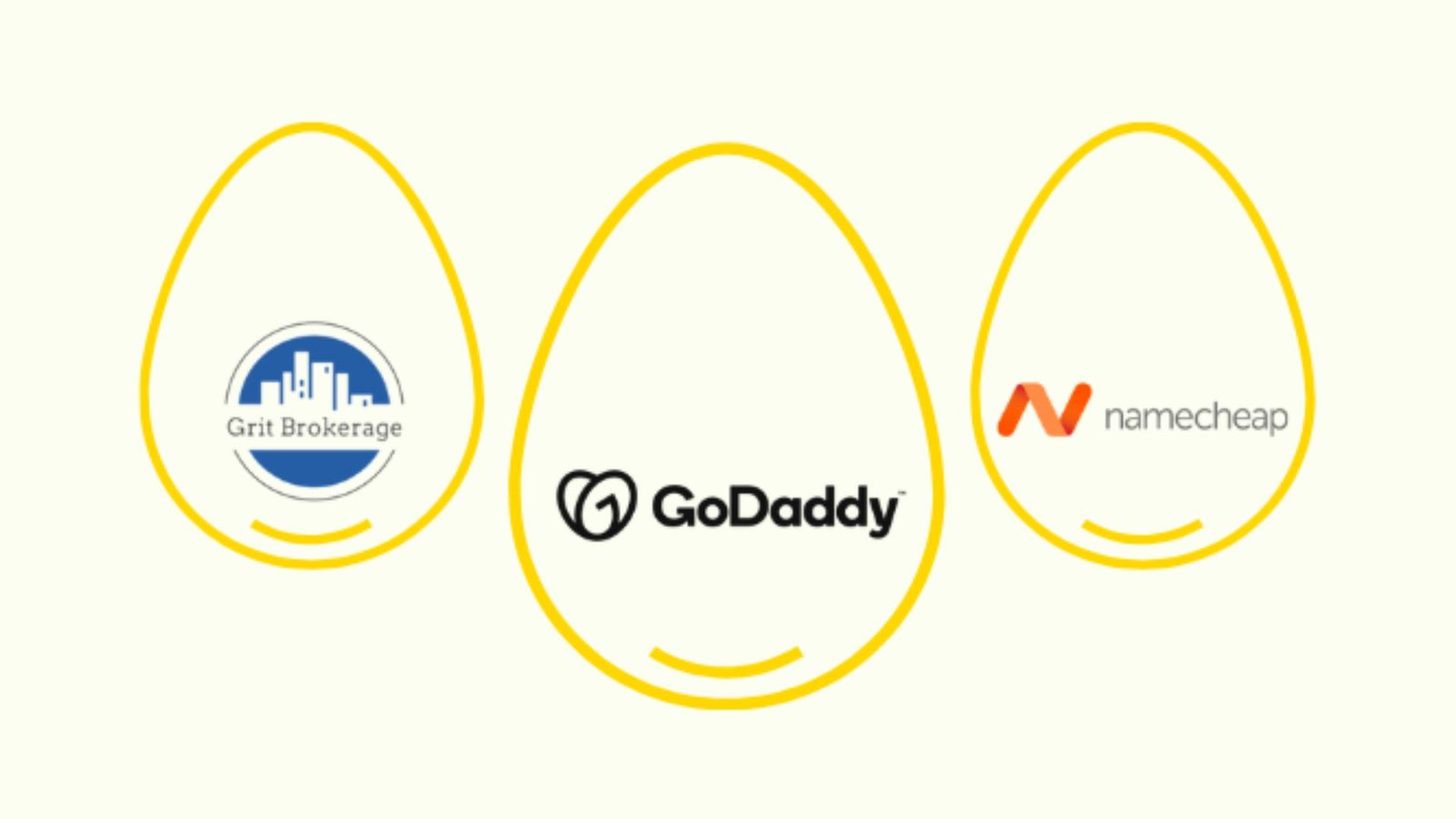Domain Name Auctions: How They Work
- By -Daisy
- Posted on
- Posted in Domain Names
Domain name auctions are a popular marketplace for buying and selling domain names. Whether you’re a business owner looking for the perfect domain, an investor looking to acquire valuable assets, or just curious about the process, understanding how domain name auctions work can help you make smarter decisions.
This guide will explain the process of domain name auctions, the benefits of participating, and the strategies you can use to secure a valuable domain at a competitive price.

What Are Domain Name Auctions?
A domain name auction is a marketplace where domain names, including expired and unused domains, are put up for sale by the current owner or registrar. Auctions allow interested buyers to place bids on domain names, and the highest bidder wins the domain at the close of the auction.
These auctions can be hosted by various platforms, such as GoDaddy Auctions, NameJet, Sedo, or Flippa, where domain owners list their domains for sale. Some domains are already owned by businesses or individuals, while others have expired and are now available for public bidding.
Types of Domain Auctions
There are two main types of domain name auctions:
Expired Domain Auctions
These auctions feature domains that were previously owned but not renewed, meaning the original owner failed to extend their registration. Expired domains can be particularly valuable because they may have a history of backlinks, traffic, or established authority. Expired domains are typically available through services like:
- GoDaddy Auctions: One of the largest platforms for expired domain auctions.
- NameJet: Known for offering high-quality expired domains, especially for investors.
Since expired domains are listed publicly, they can be competitive, and buyers may have the opportunity to acquire valuable, SEO-friendly domains with a history.
Marketplace Domain Auctions
Some domain auctions feature domains that are actively being sold by their current owners. These domains can be either premium, newly created, or just registered for sale. Examples of platforms that support marketplace auctions include:
- Sedo: A large domain marketplace where domain owners can auction off their domains to potential buyers.
- Flippa: Another popular marketplace where domain auctions can also include websites and online businesses.
In marketplace domain auctions, the domains being sold might not have expired but could be valuable due to factors like brandability, keywords, and SEO potential.
How Domain Name Auctions Work
Understanding the process of a domain auction is crucial before participating. Here’s a breakdown of how it works:
Registering for the Auction
To participate in a domain auction, you’ll first need to create an account with the auction platform of your choice. This usually involves providing basic information, agreeing to the platform’s terms, and setting up a payment method. Some platforms require a membership fee to bid on domains, while others are free to join but may charge a commission once the domain is sold.
Searching for Domains
Once registered, you can browse the auction catalog to find domains that interest you. Many auction platforms allow you to filter domains based on various criteria, such as domain length, keyword relevance, traffic potential, and price range. Some domains are also categorized by industry or niche, making it easier to find a domain that fits your needs.
Placing Bids
When you find a domain you want to bid on, you’ll need to place an offer. Most auctions follow a typical bidding system, where you can either place an initial bid or join a live bidding session to outbid others.
- Starting Bid: Each domain auction has a starting bid, which is the minimum price that the auctioneer is willing to accept. Starting bids are often low to encourage participation.
- Reserve Price: Some domain auctions feature a reserve price, which is the minimum amount the seller is willing to accept. If bidding doesn’t reach the reserve price, the domain will not be sold.
- Bidding Increments: Bidders increase their offers in set increments, which vary by auction platform. For example, a $50 starting bid may increase in $5 increments.
Conclusion
Domain name auctions are an excellent way to acquire valuable domains that can enhance your SEO, increase traffic, and boost your online presence. Whether you’re interested in buying expired domains or marketplace domains, understanding how domain auctions work will help you make informed decisions.
By doing your research, setting a budget, and using the right bidding strategies, you can maximize your chances of securing a domain that aligns with your goals. Just be aware of the risks involved, and always approach domain auctions with caution.



